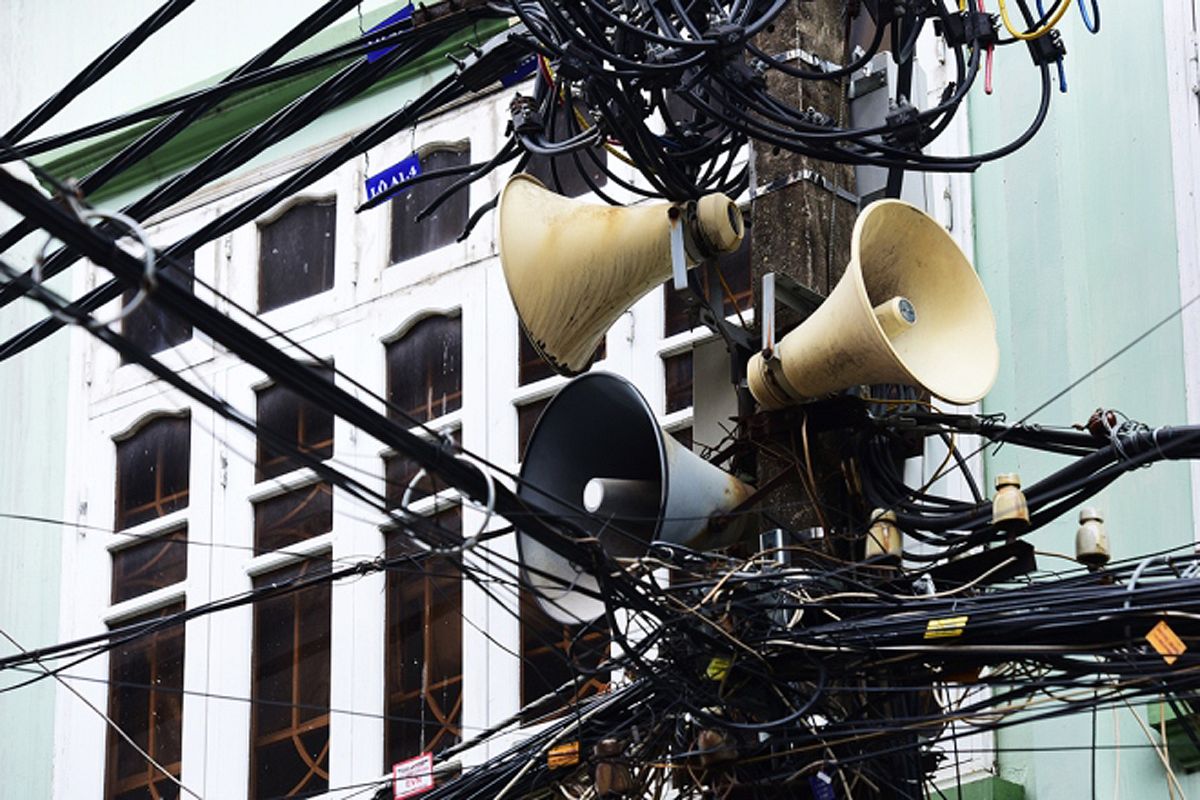People’s full names, phone numbers, email and home addresses, interests and habits, as gleaned from Facebook accounts, have long been sold in Vietnam before Facebook's data leak scandal.
For years personal information gathered from Facebook applications has been brazenly offered for purchase reports VnExpress. The information can be easily accessed by a third party using applications that obtain details associated with one’s Facebook User ID (UID) and assembles it in an easy to read Excel sheet.
This is then sold to interested businesses or individuals. Widespread proof of the market exists all across the internet in Vietnam. For example, one Facebook group advertises: “Selling 20,000 files with data of users that just bought new cars. Quality guaranteed for those who sell auto components, car insurance or those who modify autos!”
In addition to purchasing the private details, businesses can get them directly by releasing and controlling the apps themselves. “For example, applications will give you a list of a group's members with their phone numbers and emails. From this, marketing experts can easily approach their potential customers,” Phan Van Hoi, an employee at a Hanoi-based media company, told the news source.
While many consider the unnecessary collection of data and insufficient security a breach of public trust, others place the blame on the users themselves for not closely monitoring what they are agreeing to when signing into applications. Duc Hoang, an information technology engineer noted, “There are many applications and pages that encourage users to use their Facebook account to register, and then ask users to allow them access to their public profiles, timeline posts, friend lists, dates of birth, their events and their photos, and most of the time, users just agree to those terms and conditions without even reading.” He recommends people avoid having their information stolen by refusing to share it.
While people in Vietnam may have long understood their private information was readily available for purchase, it seems other parts of the world have only just figured it out. Facebook is currently facing scandals in the West related to reports that the information of more than 50 million users was obtained by a data mining app and used by UK-based company Cambridge Analytica to help sway America’s 2016 Presidential election. Facebook was slow to react when they first learned of the breach and not forthcoming with the news.
As scrutiny of Facebook’s privacy failures increases, the company is facing large consequences. In a recent poll, fewer than half of Americans trust Facebook to obey US privacy laws and 60% of Germans fear that Facebook and other social networks are having a negative impact on democracy. The US and British governments have both requested official appearances by Facebook CEO Mark Zuckerberg to explain the situation. The concerns have led to a collapse in Facebook’s stock price, which has fallen 18%, which is the equivalent of US$80 billion.
Zuckerberg recently took out ads in the world’s leading newspapers admitting “we have a responsibility to protect your information. If we can't, we don't deserve it ...This was a breach of trust, and I'm sorry we didn't do more at the time."
[Photo via Daily Beast]














